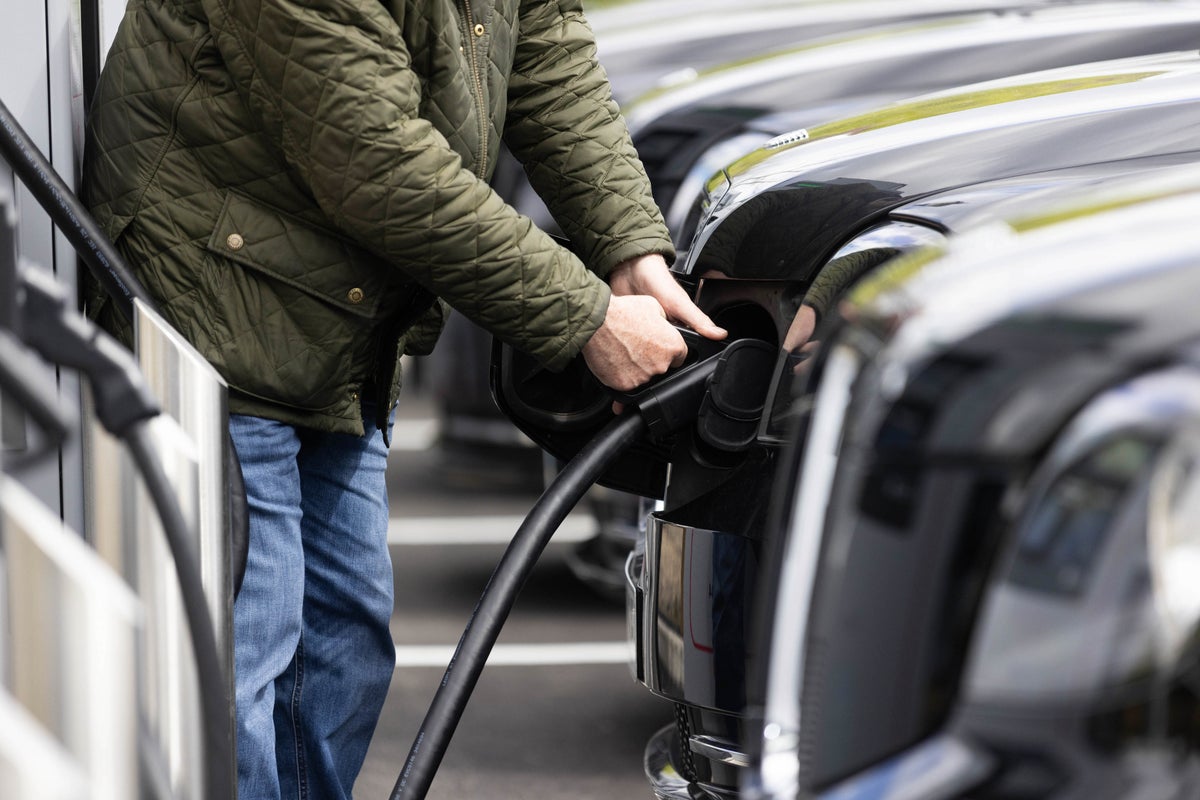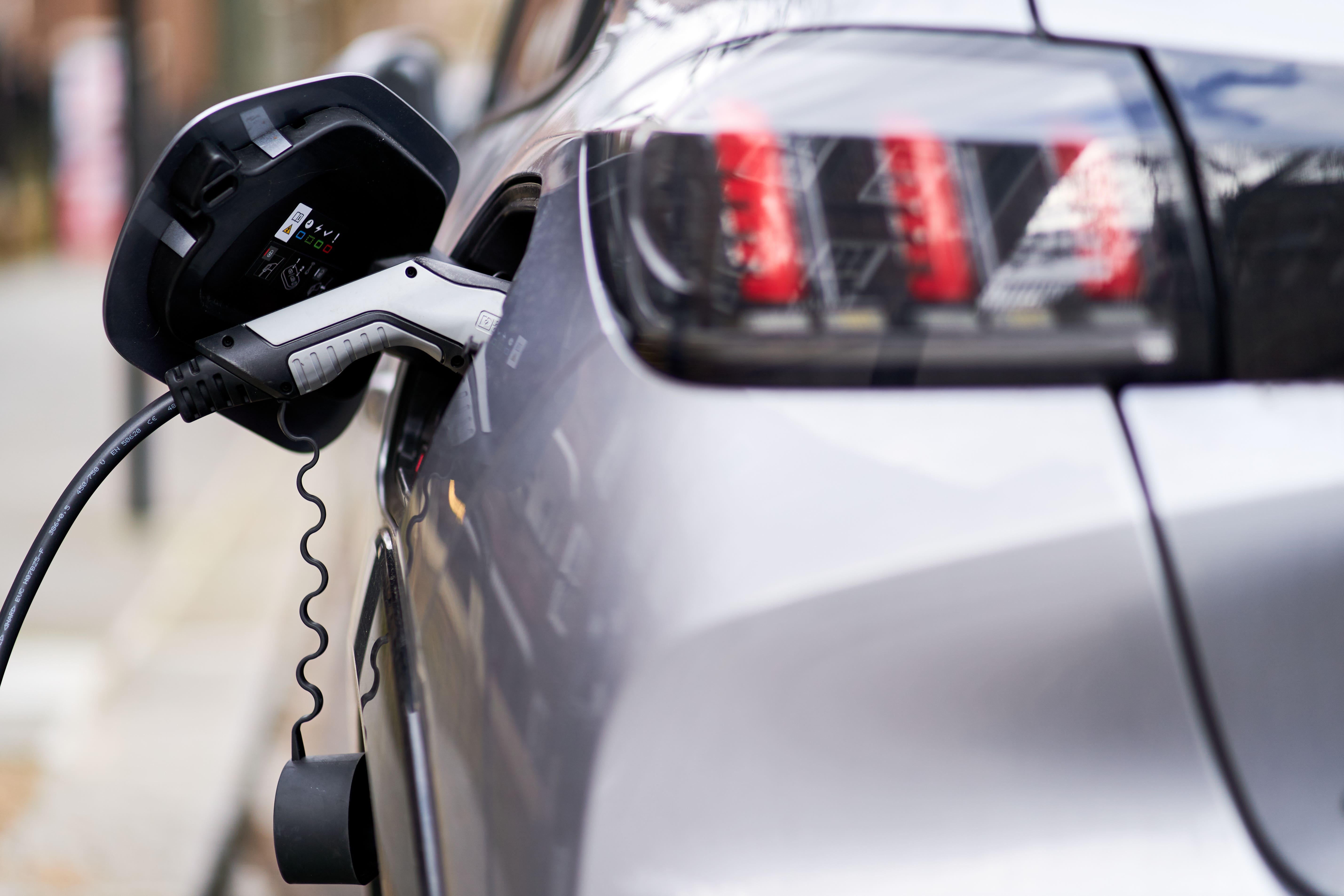
The prime minister has announced “bold changes” to the rules around electric and new petrol and diesel cars.
Britain’s beleaguered motor industry is currently grappling with U.S. President Donald Trump’s tariff plan, which imposes a 25 per cent levy on all foreign car imports.
Sir Keir Starmer on Monday will announce a series of revisions to the planned 2030 ban on the sale of new petrol and diesel cars, allowing certain types of vehicles to be sold for longer while permitting smaller-scale manufacturers to keep producing petrol and diesel cars past that 2030 deadline.
“This will help ensure home-grown firms can export British cars built by British workers around the world, and the industry can look forward with confidence, as well as back with pride,” the prime minister will say.

But what are the key points of this new set of changes, and what do they mean?
Commitment to 2030 ban date
The ban on the sale of new petrol and diesel cars had been extended to 2035 by Rishi Sunak’s Conservative government, but it has now reverted to its original 2030 deadline, with confirmation coming in this latest announcement.
The commitment to the 2030 date was one of Labour’s core manifesto pledges.
Extension for hybrids and plug-in hybrids 2035
One of the largest changes that comes as part of this revision concerns hybrid vehicles. Essentially, rather than being wrapped up in the same 2030 ban as standard petrol and diesel vehicles, hybrids and plug-in hybrids can be sold up until 2035.
It appears that this will only apply to ‘full’ or ‘plug-in’ hybrids – those with a battery large enough to allow a short period of electric-only driving – whereas ‘mild’ hybrids won’t qualify.
The Government has cited cars like the Toyota Prius and Nissan’s ‘e-Power’ range of hybrids as examples of those that will be permitted up until 2035.
Small-number manufacturers to get more time
In a big change for car production, “small and micro-volume” manufacturers will be exempt from ZEV targets alongside the 2030-2035 hybrid rules, which means that they don’t have to achieve the same results of 80 per cent EV sales mix in 2030 as ‘regular’ manufacturers.
This means that brands such as Aston Martin and Bentley have more breathing space to get a more electrified line-up alongside companies such as Morgan and Caterham.
Petrol and diesel vans can be sold until 2035
Similar to the rule change on hybrids, petrol and diesel vans can now be sold up until 2035, ‘alongside hybrid and plug-in hybrid vans’.
Flexibility on ZEV targets
Manufacturers will still need to meet an 80 per cent EV sales mix by 2030, but there have been some flexibility introduced.
These come through the Non-Zero Emission Car CO2 Trading Scheme (CCTS), which allows companies to exceed their CO2 targets in one year and then use this to reduce their EV sales mix in later years.
This system will now be permitted up until 2029, having previously only been available to manufacturers up until 2025.
Plus, manufacturers will now be able to transfer van ‘credits’ for car ones, having previously only been available to use like-for-like. Originally, only car ‘credits’ could be swapped for one another, but now vans can qualify. For example, one electric car sale can be exchanged for 0.4 van credits, while an electric van credit can be swapped for two cars.
How has the industry reacted?
AA president Edmund King said the announcement is a “pragmatic step forward which we hope will help manufacturers and give confidence to drivers. The inclusion of hybrids can act as a stepping stone to help those not yet ready to make the full switch to electric.”
“Our consistent message to government is more needs to be done to make EVs accessible for everyone. Generally, drivers are hesitant, but most are not hostile to the change.”
Mike Hawes, SMMT Chief Executive, said: “The government has rightly listened to industry, responded quickly to global dynamics and recognised the intense pressure manufacturers are under.
“Industry remains committed to decarbonising road transport but the ZEV Mandate targets are incredibly challenging, especially with a paucity of consumer demand and geopolitical upheaval. Growing EV demand to the levels needed still requires equally bold fiscal incentives, however, to give motorists full confidence to switch.”
Sue Robinson, CEO, National Franchised Dealers Association, said: The previous iteration of the ZEV mandate was causing significant harm to the UK automotive sector, which as the Government rightly points out, employs 152,000 people and adding £19 billion to the UK economy.
“We therefore welcome the changes made today as a step in the right direction for the UK automotive sector; however it is vital that more incentives are available to encourage the consumer to move to EVs.”







